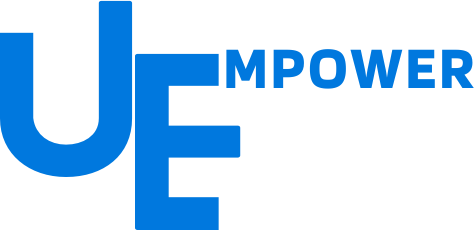– Integrating AI tools significantly reduces recruitment time, cuts costs, and improves the quality of hires for companies worldwide.
– Real-world examples from industry giants like IBM illustrate the compelling benefits of AI, including increased forecast accuracy and reduced turnover rates.
Imagine a world where the most qualified candidates land the right jobs, not just because they have a polished resume or are excellent interviewees. This isn’t science fiction—it’s happening now, thanks to Artificial Intelligence (AI). The narrative that AI will render human jobs obsolete is far from accurate; rather, it’s reshaping the landscape of recruitment and talent acquisition.
In today’s fast-paced business environment, companies are striving to find that perfect match quickly and efficiently. With the integration of AI, they’re doing precisely that. AI technologies are now acting as trusted allies for HR professionals by not only streamlining recruitment and selection processes but also enhancing them. As organizations continue to embrace AI, they find themselves ahead in the crowded talent race. Why should this matter to you? Whether you’re an HR professional or a business leader, leveraging AI offers a strategic advantage that you can’t afford to ignore.
AI supercharges recruitment efforts by automating the scanning of mountains of resumes, pinpointing candidates who align seamlessly with the job’s requirements. This means less time weeding out mismatches and more time engaging with prospects who are not just skilled but potentially transformative for the organization. Furthermore, AI tools employ predictive analytics to offer insights on a candidate’s behavioral traits and cultural fit, which are crucial for long-term retention and satisfaction. Here’s how AI enhances talent acquisition:
Automated Screening – AI filters resumes at a remarkable scale and speed, identifying candidates with the skills and experience that matter most.
Predictive Insights – Through comprehensive data analysis, AI predicts the best candidates for the role, considering potential workplace behavior and personality traits.
Time & Cost Efficiency – With faster screenings and reduced manual processes, recruitment cycles shorten significantly, slashing related costs.
Quality of Hire – Companies experience higher quality hires as AI minimizes unconscious biases, ensuring talent decisions are data-informed.
Every tool has its story. I remember meeting Sarah, an HR manager from a medium-sized tech firm, who had initially resisted incorporating AI into her hiring process. “I believed recruitment should be a human-centric activity,” she confided. However, as the pressure mounted with roles remaining unfilled and budgets tightening, she took a cautious leap with AI-based tools. The outcome? Not only did she fill positions 42% faster, but the hires also resonated more deeply with the company’s culture, evidenced by a 27% decrease in turnover within the first year.
AI’s capacity to revolutionize recruitment is more than theoretical. Take IBM, for instance: by integrating AI in their workforce planning, they realized a 38% reduction in recruitment costs. Besides financial savings, IBM noted a 27% drop in turnover rates, showcasing AI’s effectiveness in nurturing long-term employment relationships. Deloitte reports that businesses applying AI for workforce strategies observed a 30% uplift in forecast accuracy. Facts like these underscore how AI in HR isn’t just a trend—it’s a total game-changer.
Shifting to AI-based recruitment requires a new mindset—more analytical, data-driven, and open to technology’s insights. HR professionals must evolve into interpreters of AI outputs, making judicious decisions founded on quantifiable insights. This transition involves embracing new competencies and continual learning to harness this technology’s full spectrum. AI’s integration into talent acquisition isn’t without its challenges but overcoming them can massively propel one’s career and organizational effectiveness.
As we stand at the crossroads of HR and AI, the question arises: How are you preparing to embrace this transformation within your talent acquisition processes? Adapting to AI’s capabilities isn’t just about adopting new technologies; it’s about adopting new ways of thinking and working. Engage with this new reality, and you’ll discover that AI doesn’t replace the human touch—it enhances it, allowing us to make smarter, more ethical, and strategic decisions in hiring.
AI isn’t here to take over—it’s here to empower us, make us better decision-makers, and help businesses flourish in hiring the right people. Starting today, how will you leverage AI to transform your approach to talent acquisition? Open invitation for dialogue: What AI innovations are you experiencing in your organization? Share your journey in the comments below and let’s learn from each other’s experiences.

